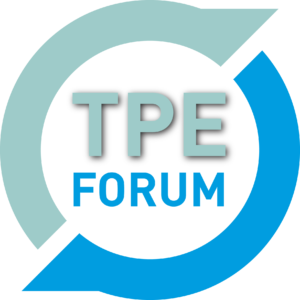The U.S. Environmental Protection Agency (EPA) has approved a public health emergency exemption under Section 18 of the Federal Insecticide, Fungicide and Rodenticide Act („FIFRA“) submitted by the Georgia, Utah, and Minnesota Departments of Agriculture for the deployment of Kraton’s BiaXam in specific applications. The EPA exemption will allow Delta Air Lines to use BiaXam in specific applications in these states to protect against the SARS-CoV-2 virus.
BiaXam sulfonated block copolymer is a solid yet transparent material that can provide long-lasting antimicrobial protection on public surfaces. Kraton says that the technology can kill up to 99.999 % of the SARS-CoV-2 virus under laboratory conditions, with continued protection for up to 200 days, depending on use, exposure, and cleaning methods. Kraton developed the BiaXam technology as part of its sulfonated polymer product line and is currently seeking regulatory approvals in other jurisdictions, including countries outside of the United States.
Delta will be the launch customer for BiaXam as the airline continues to innovate on its health and safety commitments. The airline’s kiosks and counters in Atlanta, Salt Lake City, and Minneapolis will be the first to feature the product. Delta will look to expand its use to other airports pending further regulatory approval.
The BiaXam patent-pending technology can be coated on various substrates and surfaces made up of plastic, metal, and glass. It can also be applied as a versatile peel-and-stick film. The efficacy of the technology has been thoroughly studied by renowned organizations, including Boston University’s National Emerging Infectious Diseases Laboratories (NEIDL), North Carolina State University, University of Texas Medical Branch (UTMB) at Galveston, and Syngene International Ltd. The testing performed at the UTMB and Boston University BSL-4 laboratories has demonstrated BiaXam to be effective against SARS-CoV-2.
„We intend to advance the BiaXam technology platform for a several potential applications and seek appropriate regulatory approvals. Specifically, we are strategically partnering with several renowned hospitals and universities to identify potential opportunities to improve patient safety,“ said Dr. Vijay Mhetar, SVP & Chief Technology Officer. BiaXam will need to complete regulatory approvals before it is offered to the general public for this and other purposes.
